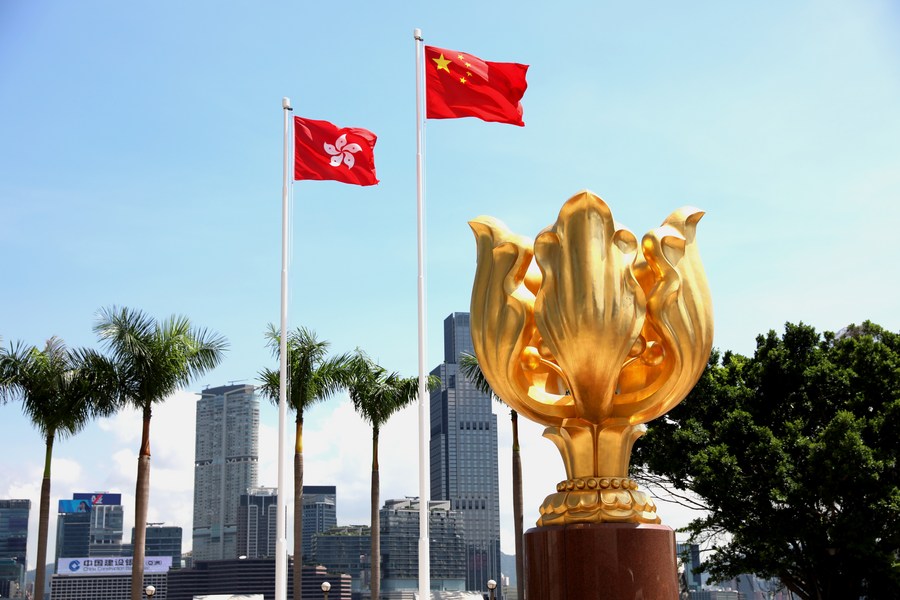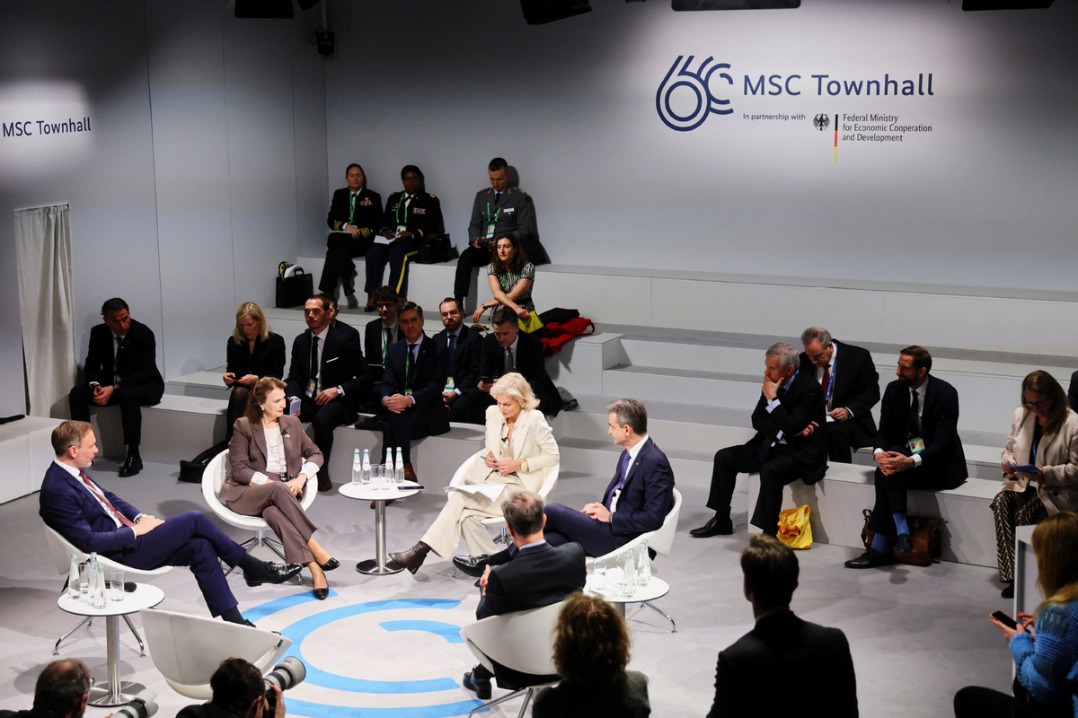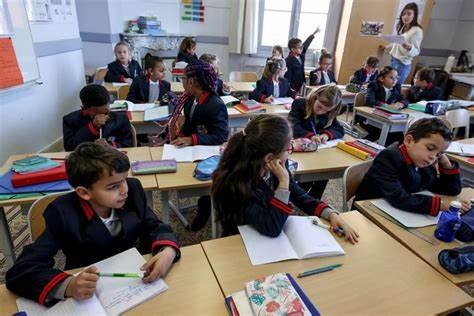Future of 'one country, two systems' now clear
By Grenville Cross | China Daily Global | Updated: 2022-03-17 09:04

In the Year of the Tiger, Hong Kong marks the 25th anniversary of its reunification with the motherland. It is also the halfway point in China's "one country, two systems"governing policy, and speculation had been mounting over what would happen once the 50 years were up, in 2047. However, the future is now clear.
In 1984, China and the United Kingdom agreed, in their Joint Declaration, that there would be continuity in Hong Kong after 1997. Its capitalist system and lifestyle would continue, and China's basic policies would "remain unchanged for 50 years", thus leaving the door open to change thereafter. In 1990, therefore, when the National People's Congress enacted the Basic Law, it also stipulated that the city's "previous capitalist system and way of life shall remain unchanged for 50 years".
Some wonder why the "50 years unchanged" provision is there, when it could have been open-ended. In 1984, the two sides apparently considered that it would be unrealistic to tie Beijing's hands for eternity, and that Hong Kong's own situation might have changed so much by 2047 that a new direction was required.
As the then paramount leader Deng Xiaoping noted, 50 years was just a "figure of speech", and "for the first 50 years it cannot be changed, and, after that it would not be necessary to change", perhaps meaning that by then the standard of living on the Chinese mainland would have caught up with Hong Kong's. A 50-year timespan was clearly reasonable, and it gave Beijing time enough to see if the "one country, two systems" policy was viable or should change in 2047.
After 1997, the policy faced real challenges, but it survived them all. Despite the mayhem of 2019-20, the central authorities kept faith and, within the Basic Law's parameters, they initiated necessary reforms, electoral and otherwise. Out of chaos has now come peace, with a fully functioning legislature in place, and the policy, once tested, emerged in even better shape than previously.
In the 1980s, Deng believed "one country, two systems" provided the best way forward for both Hong Kong and the country, and his successors agreed. On Dec 22, 2021, for example, President Xi Jinping said "the extraordinary journey that Hong Kong has taken since reunification with the motherland more than 20 years ago fully proved that the implementation of 'one country, two systems' was beneficial for safeguarding the fundamental interests of the nation, Hong Kong and its compatriots".
Moreover, on March 9, when Hong Kong's members of the National Committee of the Chinese People's Political Consultative Conference, the nation's top advisory body, met with Xia Baolong, director of the State Council's Hong Kong and Macao Affairs Office, during the annual "two sessions" meetings in Beijing, Xia emphasized that the central government's determination to implement "one country, two systems "was "unswerving".
Xia also said the city would continue to be governed by the policy, and that it would keep its common law and judicial systems beyond 2047. In other words, local people, foreign investors and the commercial world can now put their minds at rest, as it will be business as usual after the 50 years are up.
For many years, there have been siren voices prophesying the demise of "one country, two systems", including former governor Chris Patten, whose anti-China activities are legendary. By mobilizing his local proxies, he has sought to inflame tensions, scare the public and thwart the policies of the Hong Kong Special Administrative Region's government. However, "one country, two systems" has shown itself to be bigger than any of Hong Kong's antagonists, and also more versatile.
For Hong Kong's residents, Xia's words provide a greatly needed fillip. Young people making career choices can now see the shape of things to come. Parents considering emigration for their children's sake now know things will not suddenly change in 25 years. Owners of plots of land, including companies with land holdings, will also be comforted, not least because their value could have been wiped out on June 30, 2047.
The business world, moreover, now has the certainty it needs. Whereas the decision-making of foreign companies in the city will be greatly assisted by Xia's indications, entrepreneurs considering where to set up shop in Asia can now see the lie of the land.
Although the United States and its partners have pursued hostile policies to harm Hong Kong and undermine China, including sanctions, they have failed and should repent. They can begin by thanking Beijing for having agreed to extend "one country, two systems" beyond 2047, something the UK never envisaged in 1984. They may then congratulate local people for their good fortune in having acquired an assured future. If they can also promise to cease their mischief-making, so much the better, although this may be a bridge too far.
The author is a senior counsel and professor of law, and was previously the director of public prosecutions of the Hong Kong SAR. The views do not necessarily reflect those of China Daily.























